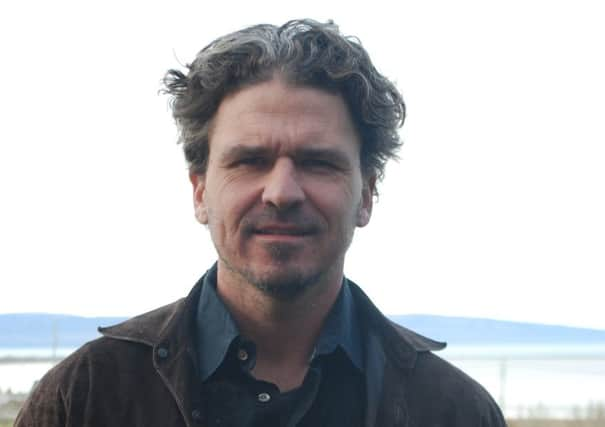Book review: The Monk Of Mokha, by Dave Eggers


Since then he was written several extremely good novels – The Circle, about technology and privacy; the eerie A Hologram For The King, the dialogue-only Your Fathers, Where Are They? And The Prophets, Do They Not Live Forever?, and most recently a strange arctic pastoral, Heroes Of The Frontier, about how Alaska – Sarah Palin aside – might be the home of the best of American virtues. One novel which is rarely mentioned is his second book, You Shall Know Our Velocity! This came out just as sales of his debut were astounding, and features goofball characters who suddenly come into money. It was critically excoriated (I have always held a deal of affection for the book) and in retrospect it seems like the “working out” of what to do with his new fame and wealth.
What he did was found a literary magazine, publishing house and website, McSweeney’s, and an institution called 826 Valencia, latterly 826 National, promoting with wit and kindness literacy tutoring and the writing potential in young people. He also co-founded ScholarMatch, a way for philanthropists to assist young people wanting to go to college. Over and above that he wrote the novelisation of Where The Wild Things Are, which is cool as you get. But the activism itch – or rather the genuine conscience of this writer – was seen most in What Is The What, a “factionalisation” of the life of Valentino Achak Deng, a child soldier in the Sudan, and in Zeitoun, a harrowing account of Abdrulrahman Zeitoun, a man who strived to assist those made homeless during Hurricane Katrina and ended up in a cage guarded by the US Army National Guard. He has also worked on an important project, Voices Of Witness, which used oral history to highlight the necessity for political change: imagine Studs Terkel spliced with the best American polemicists.
Advertisement
Hide AdThis new work, The Monk Of Mokha, is probably his most daring in this particular field. Although there is one predominant voice – Mokhtar Alkhanshali – it is a book which is polyphonic in themes and concerns. It encompasses the failures and successes of the American Dream, the experience of second-generation immigrants, the crisis in the Yemen, drone strikes, how to ensure agricultural workers are not exploited by multinationals and local loan sharks, and the history of coffee.
Mokhtar is a boy from the wrong side of the tracks and rapidly going off the rails. Yet the preface, set in the present day, with Trump having won the election, depicts Mokhtar as “very funny and deeply sincere” and with an almost “preternatural calm”. The rest of the book shows what an achievement this is. His parents moved to the Tenderloin district of San Francisco, to an apartment between two porn stores and with pavements littered with needles. He and his numerous siblings slept in one room; his parents in the living room. His only private space was a shelf of (sometimes stolen) books in the pantry: Tolkien and Rowling and suchlike.
His own story is, in its own way, a fairy tale. Hoping to go to college, Mokhtar is involved in student politics after teenage years of the usual come-ons, insolence and backchat. Then, the satchel his sort-of girlfriend has given him as he prepares to start his studies is stolen outside the local mosque. Unfortunately, it contains the entirety of the cash donations from a fundraiser. He ends up working as a doorman on a fancy skyscraper instead. Another coincidence makes him interested in Yemen, where his parents came from, as the birthplace of the coffee trade, and he embarks on a somewhat reckless course to promote Yemeni coffee. It means doing the – frankly bizarre – Quality Exams, borrowing money left, right and centre, and getting caught up in the Saudi-Yemen conflict. As Eggers writes: “The United States State Department had stranded thousands of Yemeni-Americans, who were forced to devise their own means of fleeing a blitzkrieg – tens of thousands of US-made bombs dropped on Yemen.” Oh, and there are two kidnappings, a boat across the Gulf of Aden and countless examples of unthinking racism along the way.
It is a great story, but it a great story told with wry restraint. Mokhtar’s serenity almost acts as a dash of milk (I know, heresy) to Eggers’ caffeinated prose. The flourishes always have intent. They tee up the reader in one direction and then pull a cricket bat out of the club-bag. It has a back-and-forth of humour and horror. But most importantly, especially in these times, it is a book about endurance, entrepreneurship, kindness, generosity and grit. Things we used to think of as “American” virtues. Perhaps we shall again.
The Monk Of Mokha, by Dave Eggers, Hamish Hamilton, £18.99